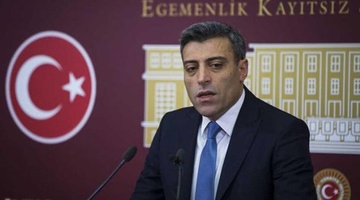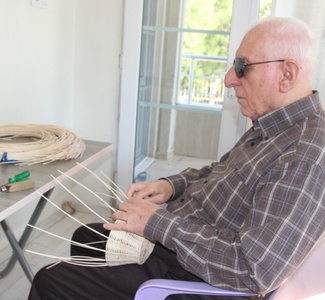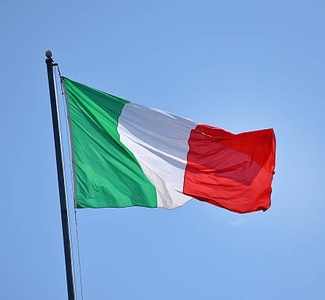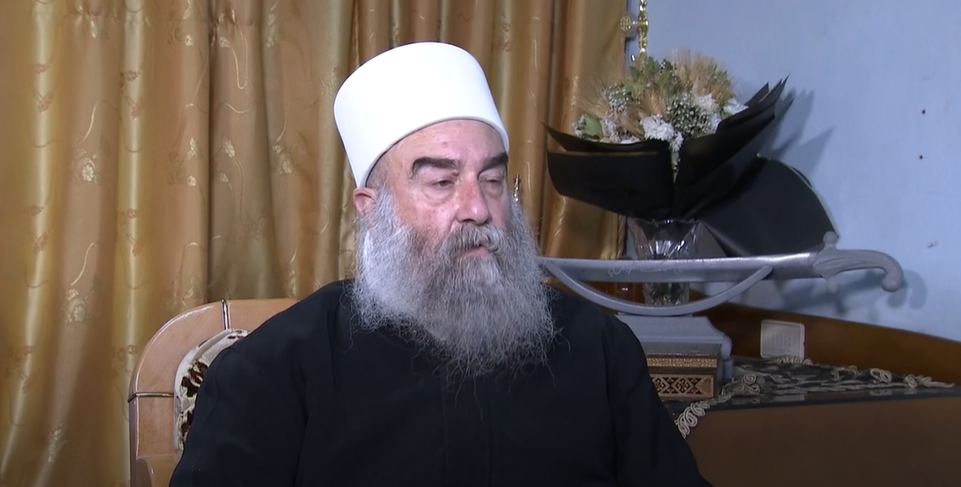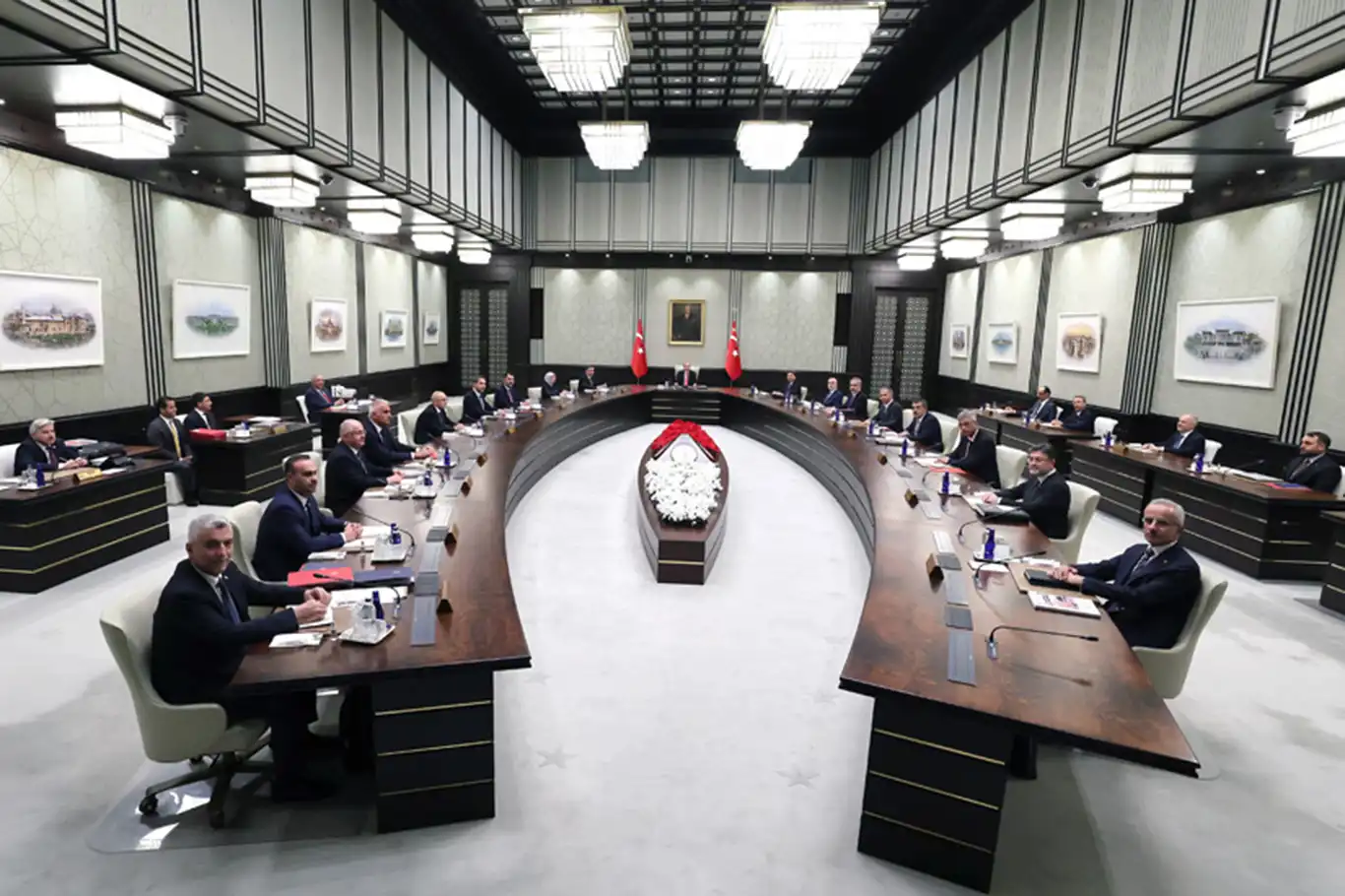"Telling the Prophet is the style of Qur'an"
Responding to those who criticize Mawlid Al-Nabi as bid'ah [innovation], Mullah Cemal Çınar said the purposes of these [Mawlid] are tabligh, invitation, and that to tell the life of Prophet in accordance with the Quranic style.

 Google News'te Doğruhaber'e abone olun.
Google News'te Doğruhaber'e abone olun. Mawlid Al-Nabi, which is the night when the Prophet Muhammad (peace and blessings of Allah be upon him) was born, is one of the nights of great importance among Muslims.
Muslims send millions of salawats and greetings to the Prophet, who was sent as a mercy to the universe and participate in the events where his life is being narrated.
Speaking about those, who accusing Muslims as making bid'ah and abjuration of religion when they perform Mawlid Al-Nabi, Mullah Cemal Çınar stated that they are in a great wrong.
"Explaining the Prophet is the style of Qur'an"
Recalling that one-third of the Qur'an recounts the life stories of the past prophets, Çınar said, "To narrate the life of Prophet Muhammad is the style of the Qur'an."
"Since Allah narrates his messengers, there is no problem to narrate them from the Islamic point of view. It is said in the society that this is a bid'ah, which came out after our Prophet. Bid'ahs are those, added to the religion after the Prophet. However, right after the time of the Messenger of Allah, the companions made a trial and decided to perform the prayer of Tarawih in mosques."
"The purpose of the Mawlid activities is tabligh and invitation"
Voicing the purpose of Mawlid activities is tabligh and invitation, Çınar said, "There are many things that can be done, except that Allah and his messenger have commanded or banned us. It would not be bid'ah if we do them. Those who observe Mawlid or read Mawlid are not intending as praying. They are observing in the manner of culture, tabligh, an invitation.
Stating that observing Mawlid is represent their commitment to the Messenger of Allah and to show their love for him, Mullah Cemal Çınar said the Messenger of Allah is the biggest factor that can bring whole the Ummah together. (Nizamettin Aşkın - ILKHA)































